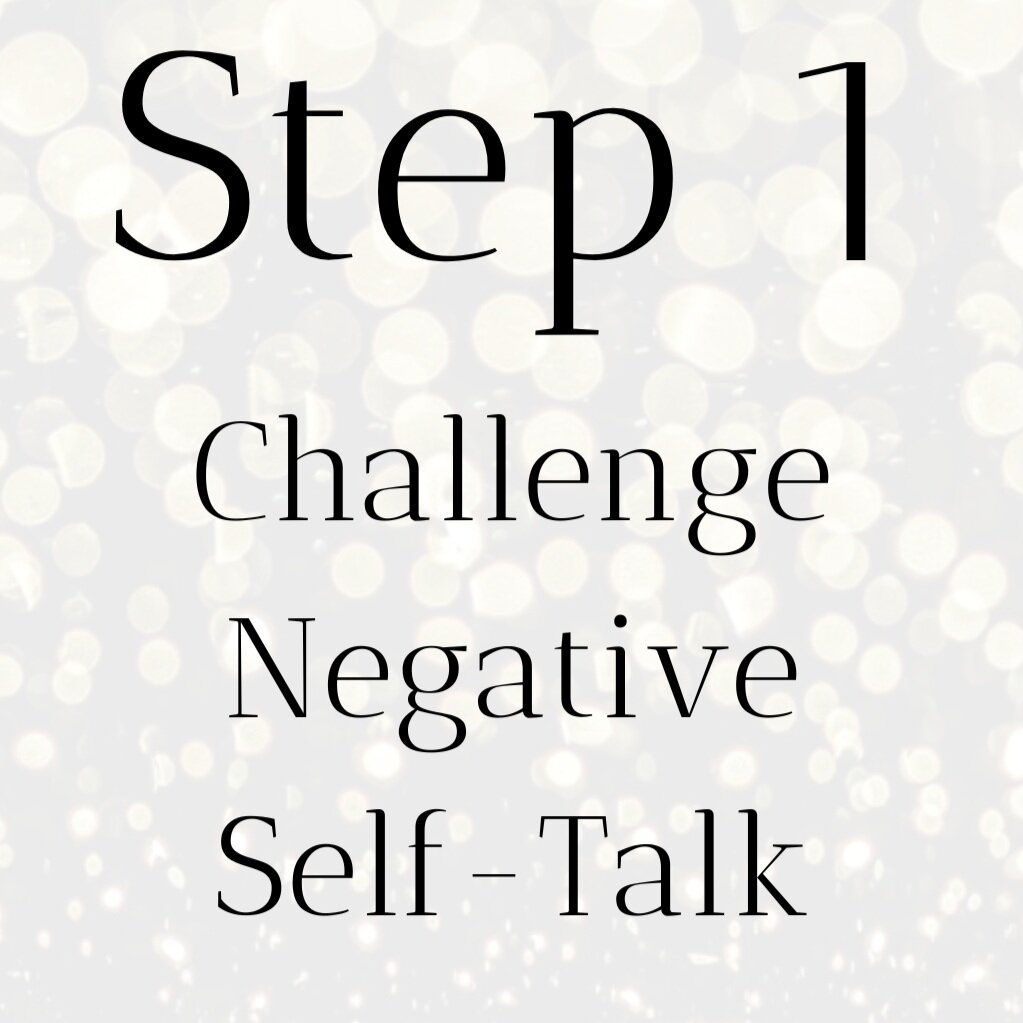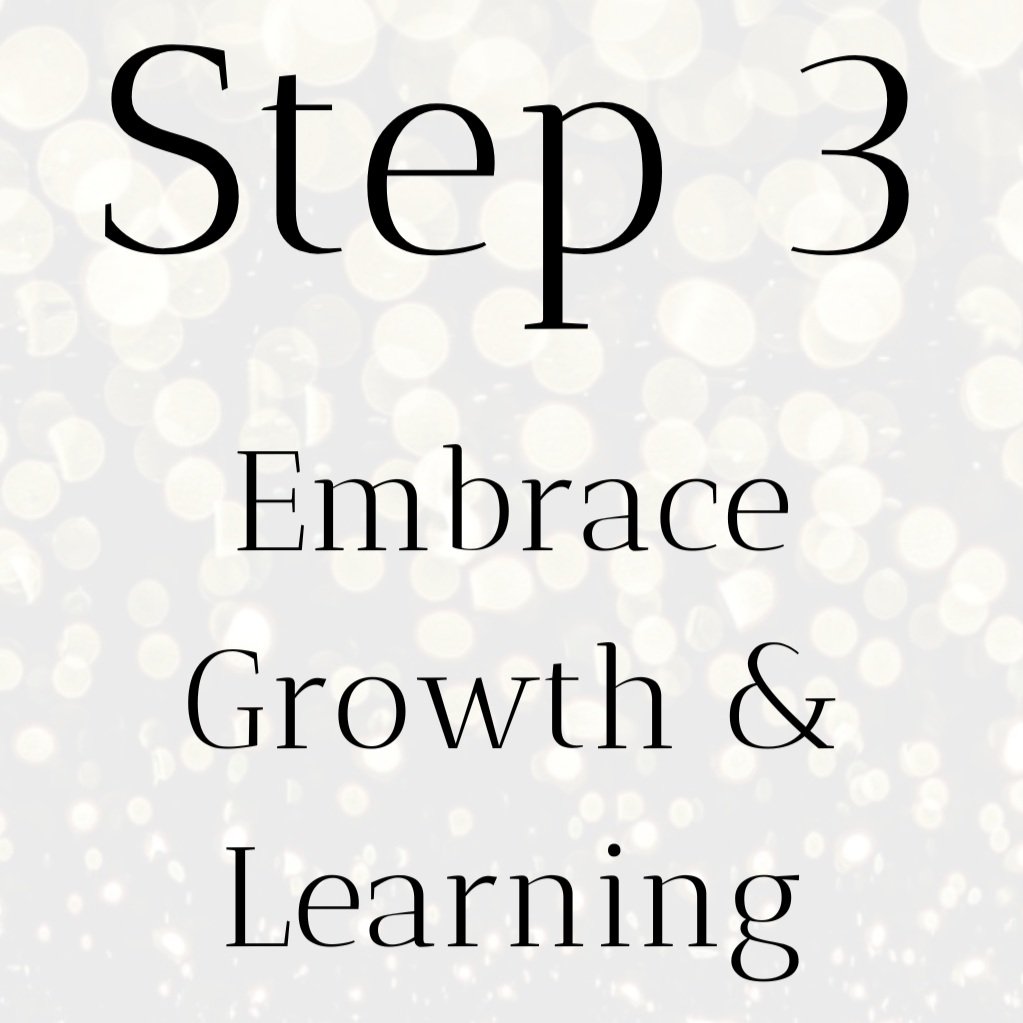Perfectionist to Powerhouse: 5 Steps Every Woman Entrepreneur Needs to Beat Self-Doubt!
Perfectionism and professional self-doubt can be significant barriers to achieving success and personal fulfillment in your career.
Professional self-doubt, or imposter syndrome, is a psychological phenomenon characterized by persistent feelings of inadequacy, fear of being exposed as a fraud, and difficulty internalizing achievements. These challenges are prevalent among professionals across various industries and can hinder growth, impact decision-making, and contribute to burnout.
To effectively manage self-doubt and imposter syndrome, it is crucial to recognize the signs and symptoms associated with these challenges. Some common indicators include:
Fear of being discovered as a fraud, despite evidence of competence.
Overworking and perfectionism as a means to compensate for perceived shortcomings.
Persistent feelings of inadequacy, regardless of achievements or recognition.
Difficulty internalizing achievements and attributing success to external factors or luck.
However, by understanding these challenges and implementing effective strategies, you can regain confidence and overcome these limiting beliefs. Let’s explore actionable steps to manage professional imposter syndrome, providing you with a roadmap toward greater confidence and success.
Identify and reframe limiting beliefs. Recognize negative self-talk patterns and challenge them with evidence of your accomplishments and capabilities.
Practice self-compassion. Treat yourself with kindness and understanding. Remind yourself that everyone makes mistakes and that self-worth is not tied to perfection.
Seek support from trusted mentors or colleagues. Share your struggles with individuals who can provide guidance, perspective, and reassurance.
Keep a record of accomplishments. Maintain a journal or digital document to document your achievements, both big and small.
Acknowledge and reward milestones. Celebrate your successes by rewarding yourself or engaging in activities that bring you joy.
Surround yourself with reminders of success. Display awards, positive feedback, or inspiring quotes in your workspace to serve as visual reminders of your competence.
Adopt a growth mindset. Embrace challenges as opportunities for growth and learning rather than as indicators of incompetence.
Set realistic goals and focus on progress. Break larger goals into smaller, achievable milestones, and celebrate incremental progress along the way.
Continuously invest in professional development. Seek out learning opportunities, attend workshops or conferences, and expand your skillset to boost confidence.
Seek out like-minded professionals who share similar experiences and challenges. Discussions with peers can help normalize your feelings and provide support.
Join networking groups or communities. Participate in industry-specific or interest-based groups where you can connect with professionals facing similar struggles.
Engage in open, honest conversations with trusted colleagues, mentors, or coaches who can offer insights. Ask for constructive feedback.
Consider therapy. If self-doubt significantly impacts your well-being and daily functioning, help from a professional can provide valuable support.
Engage in coaching or a mentor program. Work with a professional who specializes in confidence-building and overcoming imposter syndrome.
Explore self-help resources. There are numerous books, podcasts, and online courses available that provide strategies and techniques to manage professional self-doubt.
Managing professional self-doubt and imposter syndrome is a journey that requires self-reflection, self-compassion, and the implementation of effective strategies.
By challenging negative self-talk, celebrating achievements, embracing growth, building a supportive network, and seeking professional help when needed, you can effectively manage these challenges and cultivate a greater sense of confidence and fulfillment in your professional life.
Remember, you are not alone in these experiences, and with the right tools and mindset, you can overcome self-doubt and thrive in your career.




